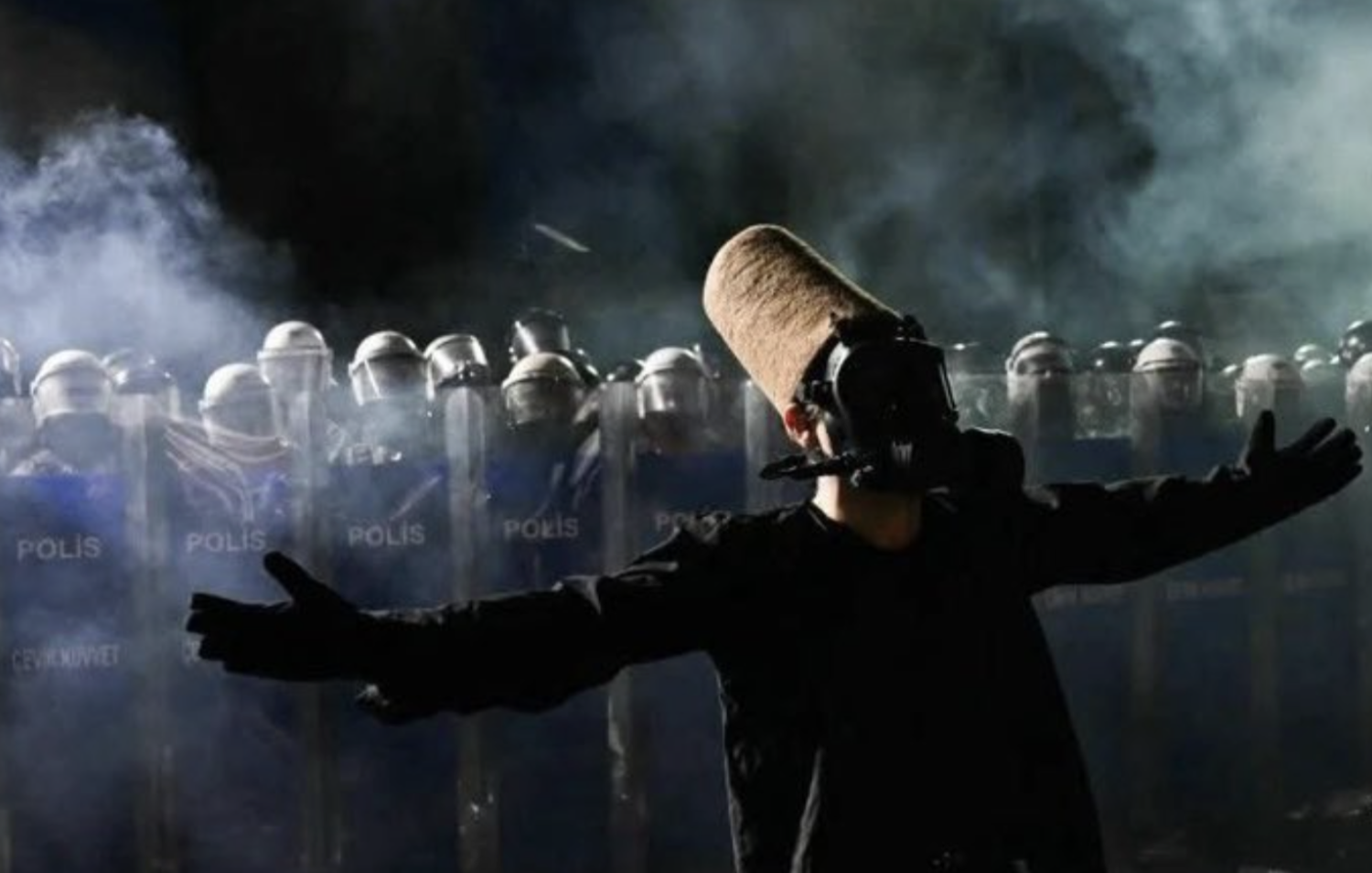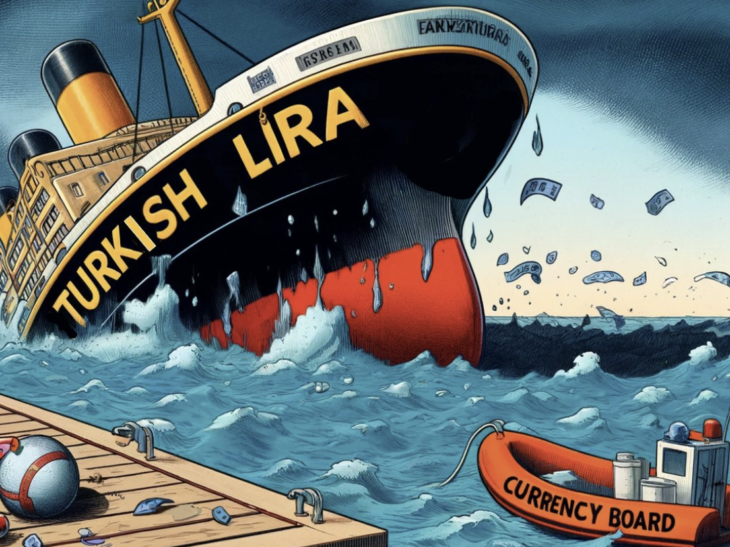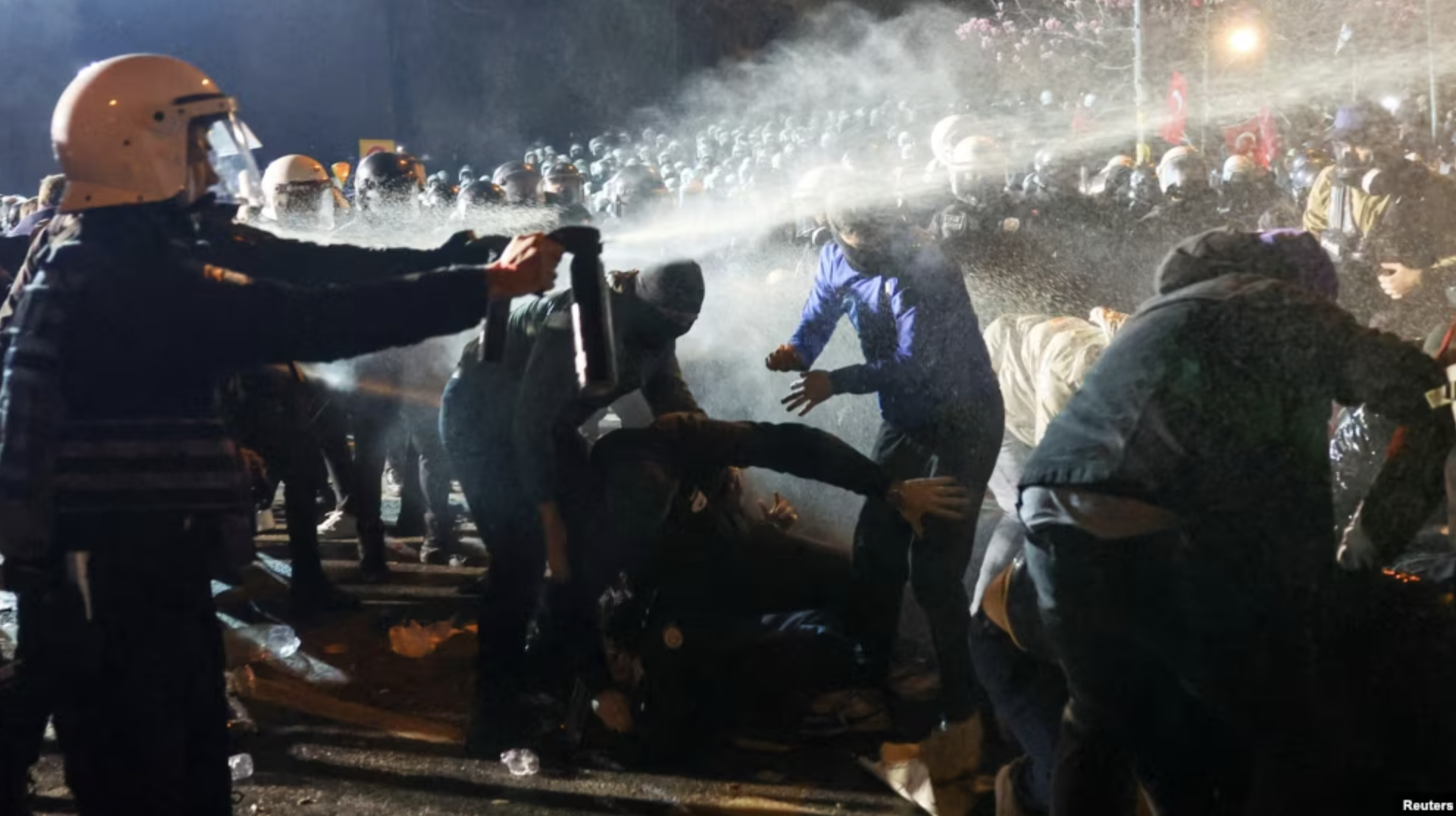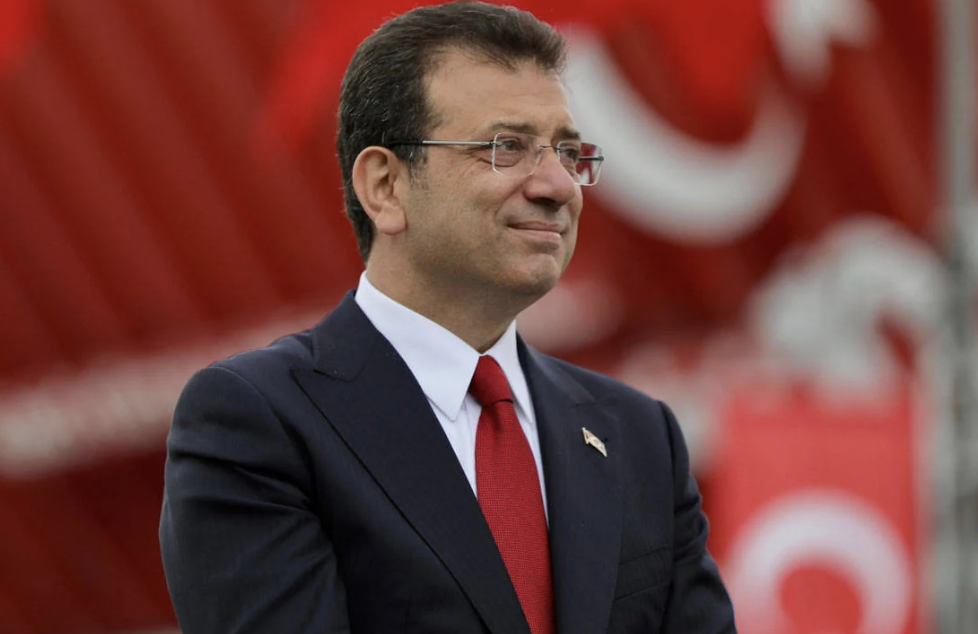Erdogan’s Turkey Under Fire After İmamoğlu Arrest
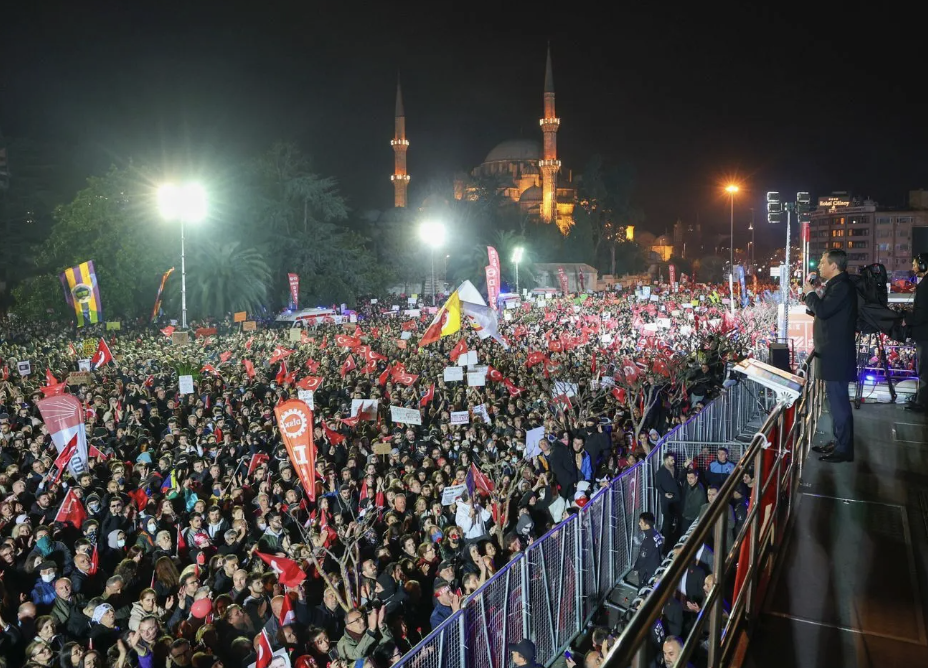 imamoglu
imamoglu
Turkey’s political landscape has reached a turning point following last week’s arrest of Istanbul’s elected mayor, Ekrem İmamoğlu, long regarded as a direct challenger to President Recep Tayyip Erdogan. Analysts assert that this development signals an acceleration in Turkey’s drift toward authoritarian governance, sparking protests across the nation that continue to draw tens of thousands of people onto the streets each evening.
“It May Not Yet Be a Dictatorship…”
Didier Billion, deputy director of France’s Institute for International and Strategic Relations (IRIS), told AFP:
“It may not yet be a dictatorship, but it is well on the way to becoming one.”
He emphasized a “deepening of the government’s repressive course,” adding that while İmamoğlu’s detention acted as the “spark that set off the fire,” the demonstrations now represent a broader outcry against years of perceived injustice. Turkey’s interior ministry reports that over 1,400 protesters have been detained, including AFP photographer Yasin Akgul, whose arrest drew condemnation from the agency as “unacceptable.”
Looming 2028 Presidential Race
İmamoğlu, 54, had publicly signaled a presidential run against Erdogan in 2028, right before he was arrested on corruption charges he denies. Under current law, Erdogan—who has governed for nearly a quarter century—would be barred from running again, yet many anticipate he could sidestep this by calling snap polls or tweaking the constitution.
Yusuf Can, coordinator for the Wilson Center’s Middle East Program, said:
“The arrest of Imamoglu is a move by Erdogan to stay in power by eliminating his most popular rival.”
He points to the youth of Turkey as a key driver of ongoing demonstrations:
“Younger people in Turkey have lost faith in the future under Erdogan… This is a make-or-break point for younger people especially.”
Turkey’s Hybrid Political Scene
Despite condemnation from observers who see Turkey’s system as veering towards Iranian or Russian models, elections are still held regularly, and their results are widely trusted. Asli Aydintasbas, a visiting fellow at the Brookings Institution, says there remains a belief that Erdogan
“cannot control how people vote”
even if he “cannot resist consolidating all branches of power.”
Economic Risks and Mounting Costs
The financial toll of Turkey’s political turbulence is also rising, with the central bank intervening to shore up the currency. Experts estimate over $20 billion has been spent to bolster the lira.
Marc Pierini, senior fellow at Carnegie Europe, believes Erdogan’s circle is deeply concerned, especially amid polls showing İmamoğlu’s popularity:
“The protest will likely continue and may have already escaped from CHP control. Repression will increase inevitably. The impact on the economy will be very damaging.”
Still, Pierini warns that such unrest may not loosen Erdogan’s grasp on power:
“I am not sure at all it will erode his grip on power.”
Opposition on the Offensive
Ozgur Ozel, the Republican People’s Party (CHP) leader, has been delivering nightly speeches in Istanbul’s Saraçhane district—now a flashpoint of dissent—indicating that mass gatherings could spread nationwide. While demonstrations remain largely peaceful, police have used pepper spray and detained numerous protesters when clashes erupt.



